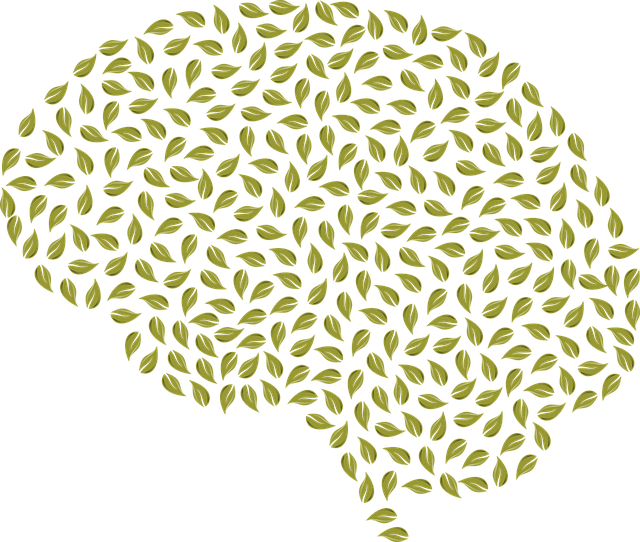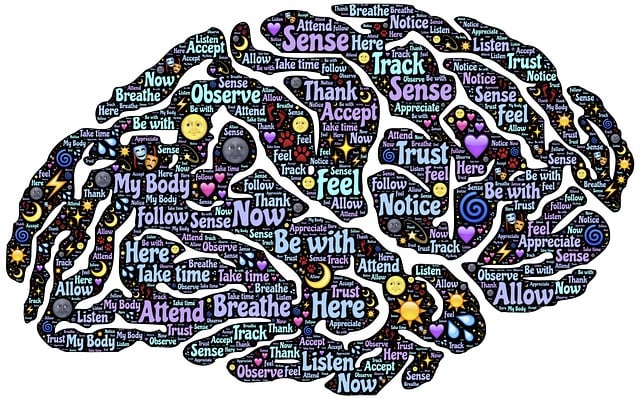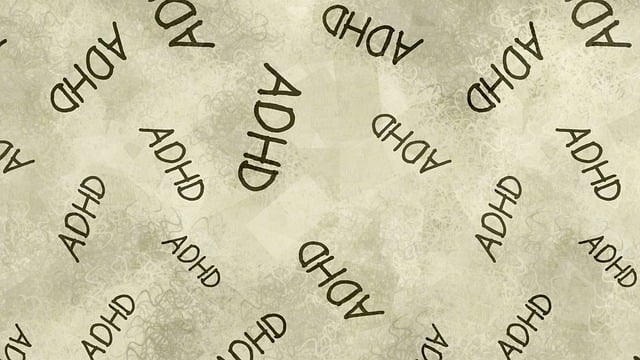Mental wellness journaling is a transformative practice for individuals managing bipolar disorder or seeking overall mental health improvement. By consistently documenting thoughts, feelings, and experiences, individuals gain valuable insights into their emotional landscapes, helping to identify triggers and patterns. This personalized routine, tailored much like Westminster Bipolar Disorder Therapy, enhances self-awareness, fosters positive thinking, and empowers effective management of symptoms, ultimately improving mental wellness through consistent self-discovery and experimentation.
“Unwind your mind and embark on a journey of self-discovery with mental wellness journaling. This powerful tool, backed by research in Westminster bipolar disorder therapy, offers a safe space for reflection and emotional expression. In this guide, we explore how journaling can be a game-changer in managing bipolar disorder symptoms. From understanding its benefits to uncovering practical tips, you’ll discover effective techniques to enhance your mental wellness journey. Dive into these insights and unlock the potential of self-care through journaling.”
- Understanding Mental Wellness Journaling: A Tool for Self-Reflection
- The Benefits of Journaling for Bipolar Disorder Management
- Practical Tips and Techniques for Effective Journaling Exercise
Understanding Mental Wellness Journaling: A Tool for Self-Reflection

Mental wellness journaling is a powerful tool for self-reflection and emotional intelligence development. By dedicating time to write down thoughts, feelings, and experiences, individuals can gain valuable insights into their mental health and well-being. This practice allows for an intimate exploration of one’s emotions, helping to identify patterns and triggers that may contribute to conditions like bipolar disorder. Through regular reflection, individuals can enhance their understanding of themselves, fostering a deeper connection with their minds and bodies.
For those seeking to improve their mental wellness, incorporating journaling into their routine can be transformative. It encourages positive thinking by creating a safe space for expression without judgment. The process empowers individuals to take charge of their emotional landscape, which is particularly beneficial in managing conditions that impact mood regulation. Whether as part of Westminster bipolar disorder therapy or a personal journey towards self-improvement, mental wellness journaling offers a unique and effective means of navigating the complexities of the mind.
The Benefits of Journaling for Bipolar Disorder Management

Journaling has emerged as a powerful tool in the management of bipolar disorder, offering individuals an opportunity to gain profound insights into their mental health journey. By putting pen to paper, or fingers to keyboard, those living with bipolar can map out their emotional landscapes and identify patterns that contribute to mood swings. This practice serves as a form of self-care, promoting introspection and fostering a deeper understanding of one’s disorder.
Regular journaling allows individuals to track their symptoms, record medication side effects, and document triggers or coping mechanisms that work best for them. Such documentation can be invaluable during therapy sessions, aiding mental health professionals in Westminster Bipolar Disorder Therapy. Moreover, it encourages self-advocacy, empowering individuals to actively participate in their treatment plans and engage in meaningful conversations about their Mental Health Policy Analysis and Advocacy. Through this process, people with bipolar disorder can develop effective strategies for managing their condition, ultimately enhancing their overall Mental Wellness.
Practical Tips and Techniques for Effective Journaling Exercise

Engaging in regular mental wellness journaling can be a powerful tool for self-discovery and personal growth. To make this practice truly effective, incorporate practical tips and techniques into your routine. Start by setting aside dedicated time each day or week; consistency is key. Create a safe and comfortable space where you won’t be disturbed. Consider using prompts to guide your reflections; these can help navigate difficult emotions or ideas. For instance, explore your feelings about specific events, or reflect on lessons learned from challenges.
Integrate emotional intelligence into your journaling by acknowledging and naming your emotions. This practice fosters self-awareness and helps in managing responses to stressful situations. Additionally, focus on gratitude—jotting down what you’re thankful for can significantly impact your overall outlook. Remember, mental wellness journaling isn’t about perfection; it’s a personal journey. Just as Westminster Bipolar Disorder Therapy adapts to individual needs, so should your journaling practice. Embrace experimentation and discover the techniques that best support your mental health. Even incorporating these simple strategies into your self-care routine can contribute to effective depression prevention and improved stress management.
Mental wellness journaling can be a powerful tool for self-reflection and management, offering significant benefits for those dealing with bipolar disorder. As explored in this guide, incorporating structured journaling into daily routines can help individuals track moods, identify triggers, and gain valuable insights. By following the practical tips outlined here, whether for personal growth or in conjunction with Westminster Bipolar Disorder Therapy, anyone can harness the transformative power of self-expression through journaling to enhance mental wellness.














